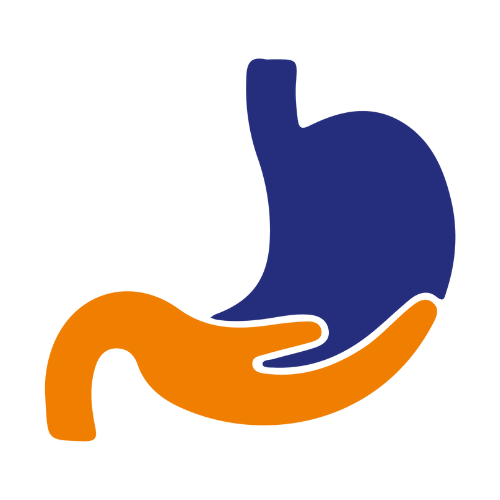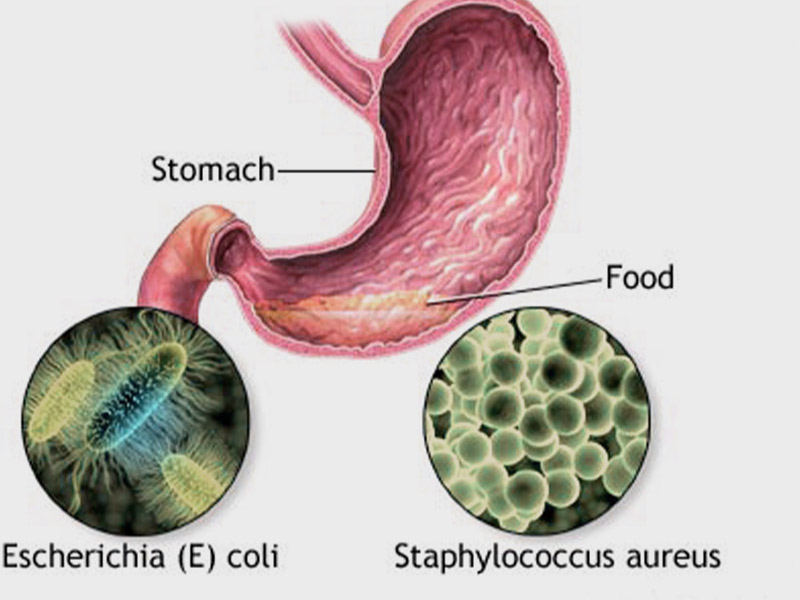Food Poisoning
Food poisoning, also called foodborne illness, is illness caused by eating contaminated food. Infectious organisms — including bacteria, viruses and parasites — or their toxins are the most common causes of food poisoning.
Infectious organisms or their toxins can contaminate food at any point of processing or production. Contamination can also occur at home if food is incorrectly handled or cooked.
What are the Symptoms?
- Nausea
- Vomiting
- Watery or bloody diarrhea
- Abdominal pain and cramps
- Fever
What are the Causes?
You get it by eating or drinking contaminated food, water or other beverages. Food can become contaminated at any stage of production, from harvesting to storage to cooking or preparation. Cross-contamination — the transfer of harmful organisms from one surface to another — is often the cause. This is especially troublesome for raw, ready-to-eat foods, such as salads or other produce. Because these foods aren’t cooked, harmful organisms aren’t destroyed before eating and can cause food poisoning. Contamination occurs when food is not:
- Fresh.
- Washed well.
- Handled in a sanitary way.
- Cooked to a safe internal temperature.
- Held at proper temperatures.
- Refrigerated or frozen promptly.
How is it Diagnosed?
Food poisoning is often diagnosed based on a detailed history, including how long you’ve been sick, your symptoms and specific foods you’ve eaten. Your doctor will also perform a physical exam, looking for signs of dehydration.
Depending on your symptoms and health history, your doctor may conduct diagnostic tests, such as a blood test, stool culture or examination for parasites, to identify the cause and confirm the diagnosis.
For a stool test, your doctor will send a sample of your stool to a lab, where a technician will try to identify the infectious organism. If an organism is found, your doctor likely will notify your local health department to determine if the food poisoning is linked to an outbreak.
In some cases, the cause of food poisoning can’t be identified.
What are the Risk Factor?
Whether you become ill after eating contaminated food depends on the organism, the amount of exposure, your age and your health. High-risk groups include:
- Older adults: As you get older, your immune system may not respond as quickly and as effectively to infectious organisms as when you were younger.
- Pregnant women: During pregnancy, changes in metabolism and circulation may increase the risk of food poisoning. Your reaction may be more severe during pregnancy. Rarely, your baby may get sick, too.
- Infants and young children: Their immune systems haven’t fully developed.
- People with chronic disease: Having a chronic condition — such as diabetes, liver disease or AIDS — or receiving chemotherapy or radiation therapy for cancer reduces your immune response.
How is it Treated?
Treatment for food poisoning typically depends on the source of the illness, if known, and the severity of your symptoms. For most people, the illness resolves without treatment within a few days, though some types of food poisoning may last longer.
Treatment of food poisoning may include:
- Replacement of lost fluids: Fluids and electrolytes — minerals such as sodium, potassium and calcium that maintain the balance of fluids in your body — lost to persistent diarrhea need to be replaced. Some children and adults with persistent diarrhea or vomiting may need hospitalization, where they can receive salts and fluids through a vein (intravenously), to prevent or treat dehydration.
- Antibiotics: Your doctor may prescribe antibiotics if you have a certain kind of bacterial food poisoning and your symptoms are severe. Food poisoning caused by listeria needs to be treated with intravenous antibiotics during hospitalization. The sooner treatment begins, the better. During pregnancy, prompt antibiotic treatment may help keep the infection from affecting the baby.
Antibiotics will not help food poisoning caused by viruses. Antibiotics may actually worsen symptoms in certain kinds of viral or bacterial food poisoning. Talk to your doctor about your options.

